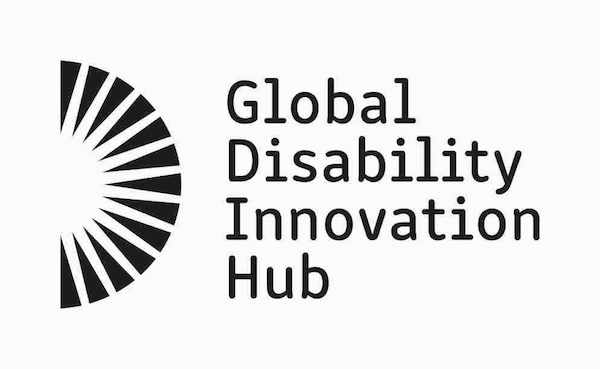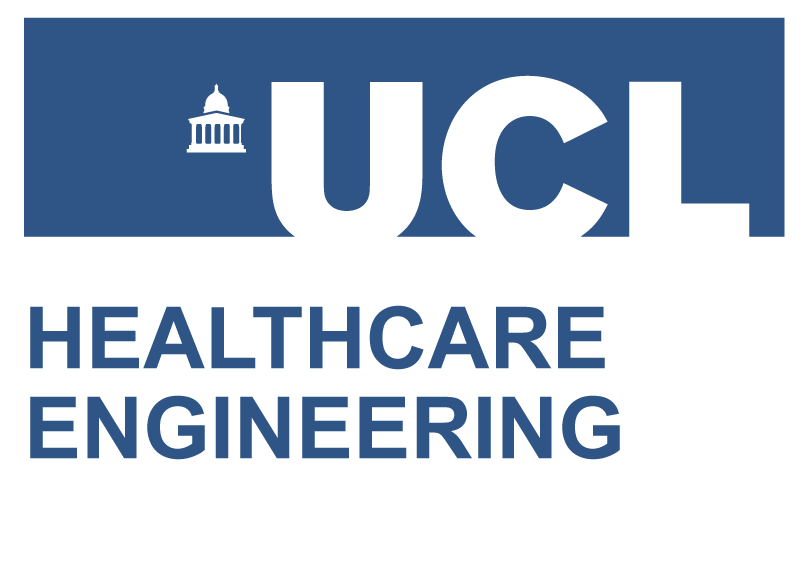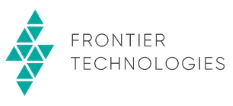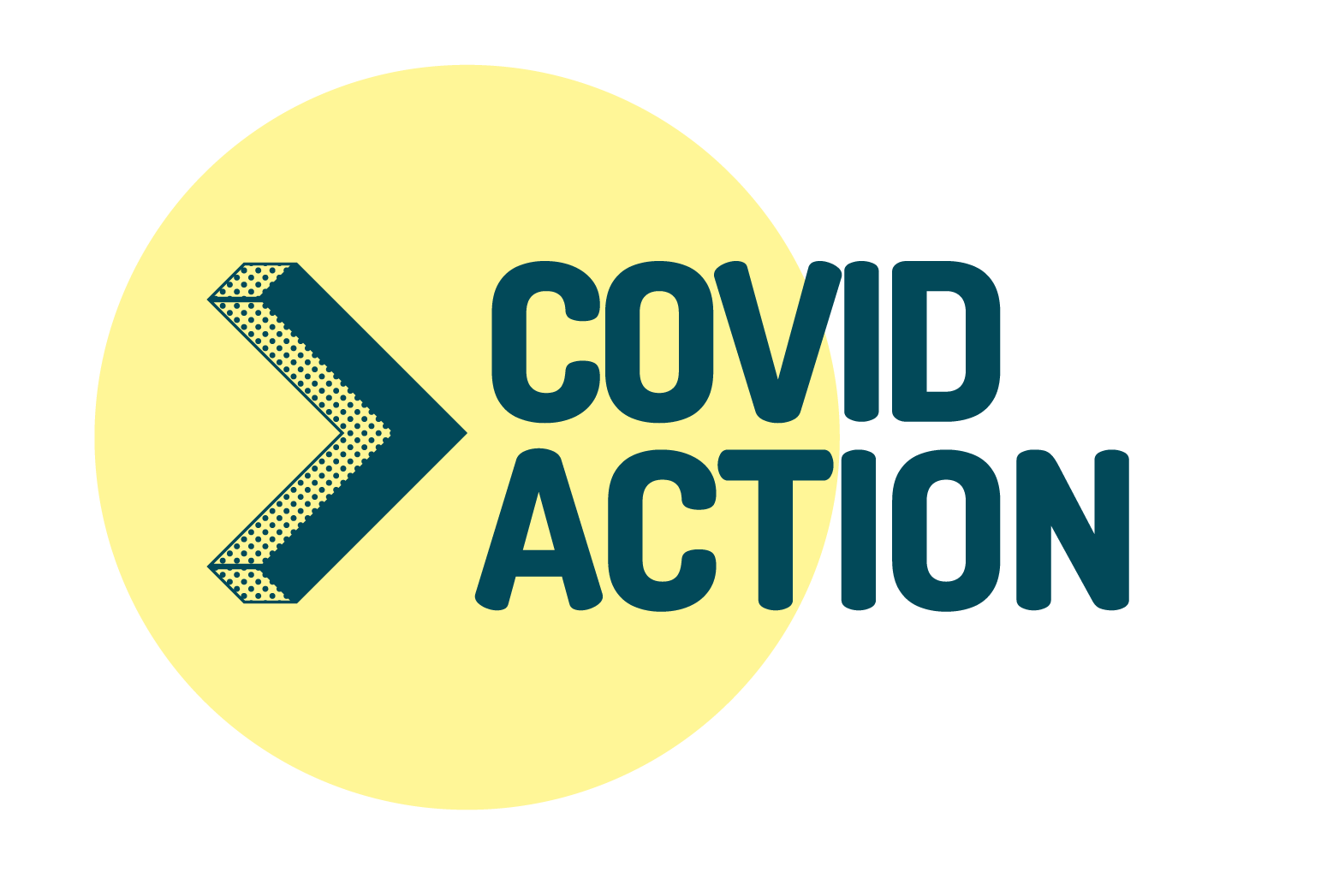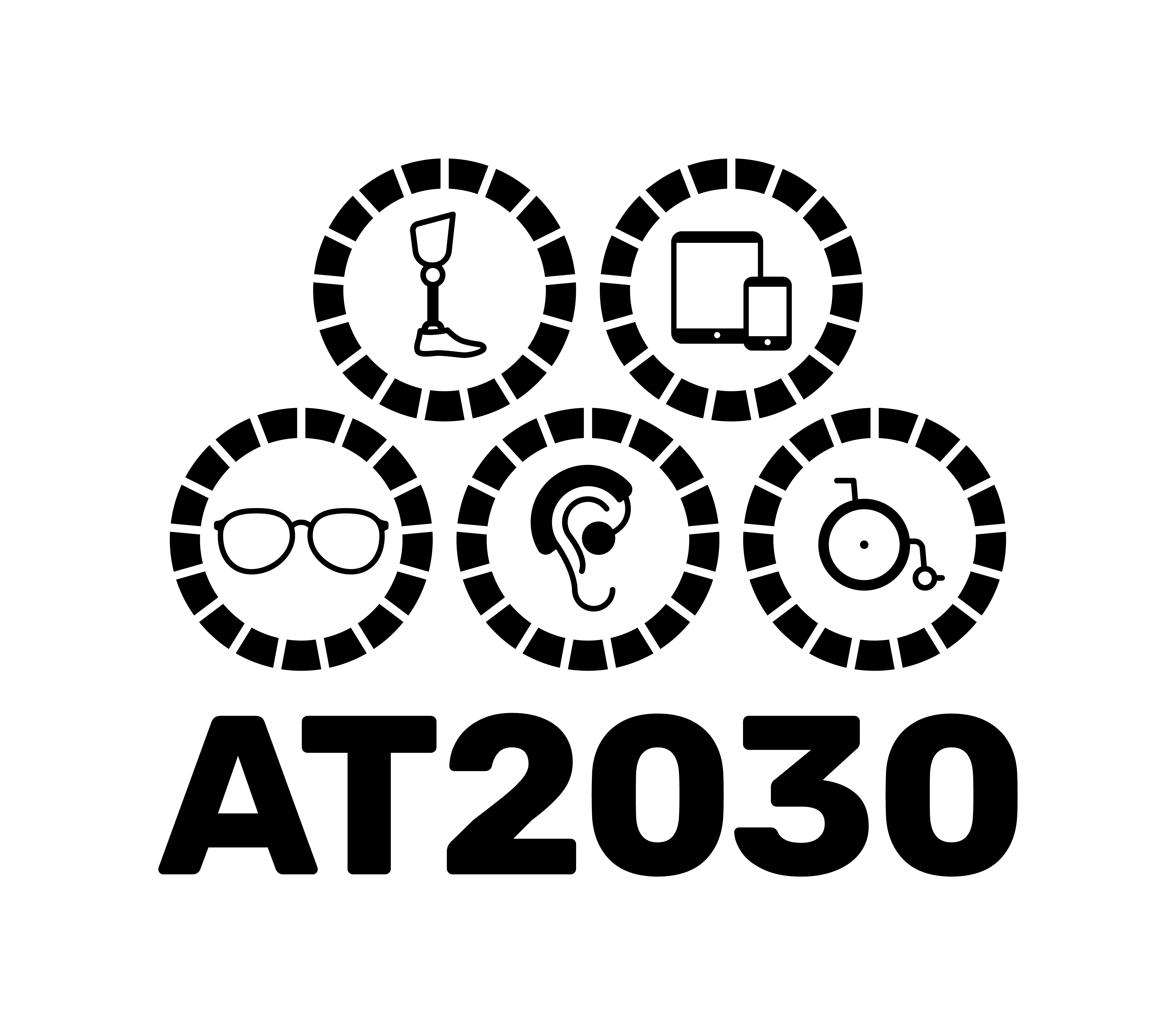Local Production Local Solutions
What is COVIDaction: Local Production Local Solutions?
The COVIDaction Programme, funded by UK Aid (Foreign, Commonwealth and Development Office, FCDO) aims to build a technology and innovation pipeline to support action related to the COVID-19 pandemic across key thematic areas of data, resilient health, and local production. Local Production Local Solutions (LPLS) is the COVIDaction theme that is addressing the supply chain issues that have arisen during COVID-19.
Making local production systems more resilient
LPLS, while currently focused on COVID-19 related products, prioritises making local production systems more resilient. Global logistics have been compromised by lockdowns and border controls across the world, leaving many businesses without key parts of their supply chain. At the same time, we are witnessing a huge global demand for personal protective equipment (PPE) & other critical products. Supply and materials have struggled to meet the demand. These conditions have exposed the rigid, inflexible state of production in many settings, demonstrating the need for locally resilient, flexible production ecosystems. The current pandemic and its aftermath could be an important catalyst to develop broader, restorative, and agile supply systems. This could also provide opportunities to localise some of the production that has historically depended on imports.
Funding small scale innovators and producers
The global response to meet the demands of this pandemic has been across scales and sectors. The role of informal small scale producers pivoting to key products has been as critical as the work done by established industries. LPLS wanted to reflect this significant trend in its funding call to innovators working in this space. We put a call out to innovators across all Africa countries, as well as India, Bangladesh, Myanmar and Nepal. The programme partnered with Afrilabs who led scouts across seven African countries, into informal communities that would not be reached with an online call, gaining applications from producers doing vital work for their community. We had 500+ entries for LPLS grants and have made 10 awards.
Read about some of the innovators we are working with currently here in our blog.
We're also working with the following organisations and will have blog posts about them soon:
Clintonel Innovation Centre, Nigeria
Creating circular economies and enabling distributed manufacturing
Circular Economic (CE) approaches and distributed manufacturing are two interconnected approaches we are looking at. Circular economic approaches emphasize greater use of locally available materials, extension of product lifecycles, managing waste to create further productive resources, and regenerating natural systems. In distributed manufacturing approaches, the process of design and production is spread across a large, agile network of suitable actors. This approacch could allow responsive production to occur, as and when it is needed.
- Circular economies
To make the best use of local resources, Circular Economic (CE) approaches have come to the forefront in many local contexts. We are working with innovators doing vital work at different points around the value chain. We we aim to build circular economy ecosystems in local areas, closing the loop on material use through re-use and recycling resources as much as possible. We will keep building the links and relationships that make these approaches work. We are also working with other FCDO programmes to take the knowledge base around these ecosystems and replicate them in other appropriate regions and countries.
We're building an investment portfolio across the circular supply chain
- Distributed manufacturing
In distributed manufacturing approaches, the process of design and production is spread across a large, agile network of suitable actors. This approacch could allow responsive production to occur, as and when it is needed.
Digital fabrication facilitates the sharing of designs and expertise from anywhere in the world, to be made locally using computer controlled machinery
Distributed manufacturing is about using technology and communication to localise production as close to the consumer as possible, removing lengthy supply chains. A key part of this is digital fabrication, which facilitates the sharing of designs and expertise from anywhere in the world, to be made locally using computer controlled machinery. Key production processes here are additive manufacture, CNCing, and lasercutting. Instead of economies of scale as with traditional manufacturing, we get economies of scope. However if facilities and workshops are connected and networked, scale is still possible by crowdsourcing the production of needed products. This way the local ecosystem is much more flexible in what it can make, and is able to respond rapidly - which is exactly what has occurred with PPE. Skill is still needed to achieve quality products, but it is achievable, and these approaches have the potential to greatly democratise design and production, equalising the playing field in who can innovate. You no longer need a whole factory to innovate and produce important items for your community.
Skills and equipment already present in the local production ecosystem all contribute to the total available resources
Harnessing skills and equipment already present in the local production ecosystem
But what about all the skills and equipment that are already present in the local production ecosystem? This all contributes to the total available resources that could be used for innovation. Although digital fabrication is rapidly driving distributed manufacturing processes globally, other manufacturing practices, from mechanised workshops, factories to handcrafts, are still the major producers in any given location. If ALL the production capacity can be made visible and communication between them improved, innovators or whoever wants something made in the local community, can see how to do that. Designers can design products specifically for what production capacity exists around them and their intended local consumers.
LPLS seeks to strengthen these two synergistic approaches that have the potential to greatly impact local capacity in the long-term and make local communities more resilient to emerging challenges from this pandemic and beyond.
The map of production
As part of the LPLS work, we want to map and understand what production is where, so designers, innovators or whoever wants to make something can easily see how to do that within their local area, and get connected. Many products involve lengthy, complex supply chains, with the manufacturing completely disconnected from consumers. While mass production and distribution can result in efficient systems and low prices, the current pandemic has highlighted the fragility of these approaches. If the local production ecosystems were better connected and understood, then huge benefits could be brought to local communities - resilience to external issues, designs for specific local needs, visibility to outside investors as well as identifying similar activities in other parts of the world which could be relevant to local innovators. This will help push the development of local economies, supporting local job creation and expertise to service the needs of the needs of the community, rather than profits all staying in the hands of overseas producers.
Collaborating to unify data
We aren’t the only ones trying to do this, groups have been working towards these networks for some time, but we believe covid is the driving force to really bring this forward. We are part of the working group on the Open Know Where Project, which aims to allow different mapping initiatives to cooperate more easily, with a common data standard. We believe that the best way for all of these maps to bring the social good they aim at is by working together and bringing unified data to bare on all of the various sectors and specific aims that different organisations have. We are now working hard to build the mutually beneficial partnerships that can achieve this.
You can see the first iteration of this map below. We have over 500 producers involved so far, and we are working with partners to develop this further.
Get connected!
Want to put yourself on the map so people can find you and work with you? You can submit your details to be included on our map.
Insights
The insights below will be updated as you search and filter the map
Loading...

